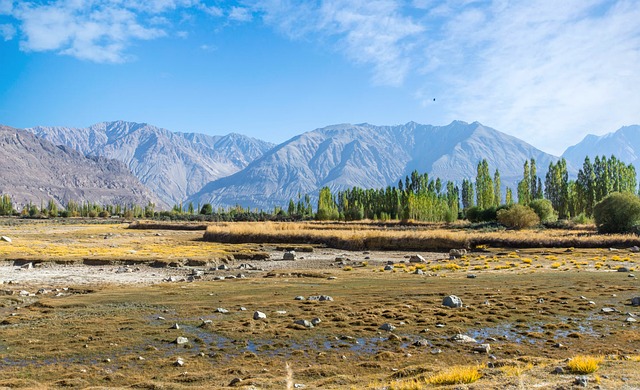For the first time, the Geological Survey of India (GSI) discovered 5.9 million tons of lithium reserves in the Salal-Haimana area of the Reasi district. Jammu and Kashmir on Thursday. This is the first significant mineral discovery in India, as previously only a small reserve had been discovered in Karnataka. It attributes the discovery to the mines ministry’s increasing focus on rare earths.
“We have re-oriented our exploration measures towards critical and strategic minerals and this discovery is a vindication of our efforts,” Vivek Bhardwaj, secretary, Ministry of Mines, said.
The government is searching for lithium reserves both within and outside of the country, as lithium is a key component of electric vehicle batteries. Earlier GSI also found 1600 tons of lithium reserve in Karnataka’s Mandhaya district but it is in small quantities and can not be utilized for large mining operations and also lithium fond in this region is not good for industrial purposes.
Lithium is a non-ferrous metal and is one of the key components of EV batteries. In addition, 51 mineral blocks, including lithium and gold, were handed over to the respective state governments. The blocks were prepared based on the work carried out by GSI from field seasons 2018-19 to till date.
Now after this discovery India will be 2nd largest country after Chile which has 9 million tons of lithium reserves.
Top 5 countries list after this discovery will be like this.
- 1. Chile – Lithium reserves: 9,300,000 MT
- 2. India – Lithium reserves 5,900,000 MT
- 3. Australia – Lithium reserves: 3,800,000 MT
- 4. Argentina – Lithium reserves: 2,700,000 MT
- 5. China – Lithium reserves: 2,000,000 MT
Apart from these, 17 reports of Coal and Lignite with a total resource of 7897 million tones were also handed over to the Ministry of Coal. The Geological Survey of India has formulated 115 projects on strategic & critical minerals and 16 projects on fertilizer minerals.
Importance of lithium
Lithium, a silvery-white metal, is one of the most critical minerals in the world today. This soft, highly reactive metal has been in high demand due to its widespread use in batteries, electronics, and various other industries. In recent years, the strategic importance of lithium reserves has become more pronounced, making it one of the most sought-after minerals globally.
Lithium as a Strategic Resource
The increasing demand for lithium-ion batteries, which are used in electric vehicles, smartphones, laptops, and other high-tech devices, has made lithium an increasingly important strategic resource. Lithium is also used in various industrial applications, including the production of glass, ceramics, and lubricants, making it a crucial element in many industries.
Global Demand for Lithium
The global demand for lithium has been growing rapidly, with the market expected to reach $30 billion by 2024. This has led to increased exploration and production of lithium reserves worldwide, with countries such as Australia, Chile, and Argentina emerging as major producers of the mineral.
Top Lithium Producers Australia is currently the world’s largest producer of lithium, followed by Chile and Argentina. These three countries are responsible for more than 75% of the world’s lithium production, making them crucial players in the global market.
Lithium Reserves and their Strategic Importance
Lithium reserves are strategically important for several reasons. Firstly, they are a finite resource, and their availability is crucial to the growth of various industries that rely on lithium. Secondly, the reserves play a critical role in ensuring the supply of lithium to meet the growing demand, particularly in the high-tech and automotive industries.
The strategic importance of lithium reserves cannot be overstated. With the increasing demand for lithium-ion batteries and its various industrial applications, the importance of lithium reserves will only continue to grow. As such, it is imperative that countries and companies work together to ensure the sustainable development and production of lithium reserves to meet the demands of a rapidly evolving world.






